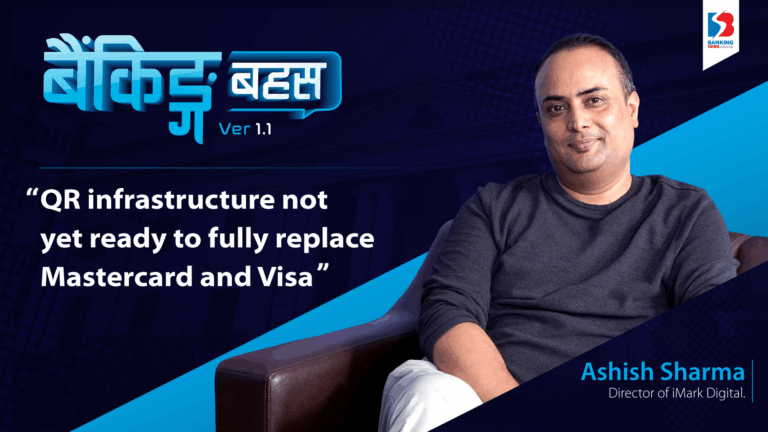Banking News – While digital payment systems like mobile banking and QR codes are rapidly growing in Nepal, debit and credit cards will not become obsolete anytime soon, according to Ashish Sharma, Director of Banking and Payments at iMark Digital.
Established in 2007, iMark Digital is one of the pioneering companies in Nepal’s fintech landscape. Even before the launch of Nepal’s first mobile wallet, iMark was already laying the foundation for a digital Nepal by working with international card payment systems such as Mastercard, Visa, and UnionPay. The company plays a key role in building card payment infrastructure and providing Point-of-Sale (POS) machines to businesses through banks and financial institutions.
Sharma emphasized that although QR payments have surged, cards remain essential, especially for international travel. “The infrastructure to support QR codes globally is still underdeveloped. QR is more focused on domestic payments. One cannot travel the world relying solely on QR codes,” he said.
He added, “Cards enable cashless travel, and global infrastructure is already in place for them. Countries like China and India are progressing with QR systems, but they haven’t fully displaced card-based transactions. Developed nations still heavily rely on card payments, and we cannot yet imagine a scenario where QR completely replaces them.”
Despite declining usage rates, Sharma clarified that card-based transactions in Nepal are far from vanishing. “The number of card users might be slightly decreasing, but it does not signal the end of card-based business models. Moreover, tourists coming to Nepal often don’t have alternatives to cards, which ensures continued relevance for the card infrastructure.”
Fintech Evolution at iMark
Although initially established as an IT trading company, iMark has evolved into a major fintech facilitator in Nepal, with around 150 employees. The company now operates FewaPay for payment solutions, Daphe Care for digitizing healthcare services, and MuguSub, a B2B service platform for merchants.
iMark customizes its services to fit the needs of banks and financial institutions and remains compliant with international standards like EMV and PCI. It offers card personalization options, including user-chosen images on debit and credit cards.
QR Growth vs. Card Business
Data from Nepal Rastra Bank indicates that mobile and internet banking usage is increasing, while card usage is declining. However, Sharma believes that QR payments alone cannot replace cards, particularly due to fraud concerns and limitations in infrastructure. “QR payments are currently based on showing the payment confirmation to merchants and trusting them. Innovations like real-time audio alerts are being developed to improve reliability,” he noted.
In contrast to Nepal, India has witnessed an annual 20% increase in debit and credit card usage despite significant investment in QR infrastructure. Sharma believes Nepal’s card business won’t face major setbacks, especially as inbound tourists still depend on card payments.
Foreign Payment Flow
Nepal primarily uses Mastercard, Visa, UnionPay, and to a lesser extent, Amex and JCB. While exact figures are unavailable, large banks remit approximately $300,000 to $400,000 annually abroad for card services. However, Sharma pointed out that QR payments do not require foreign remittance.
Future Strategy
When asked whether iMark prioritizes cards or QR, Sharma said, “We are a service provider that responds to market demand. Our role is to provide the necessary technology, whether for cards or QR. But halting card usage just because QR doesn’t involve foreign currency outflow is not feasible. Cards have an irreplaceable role in international transactions, and their infrastructure is already well-established.”



 About Us
About Us
Comment